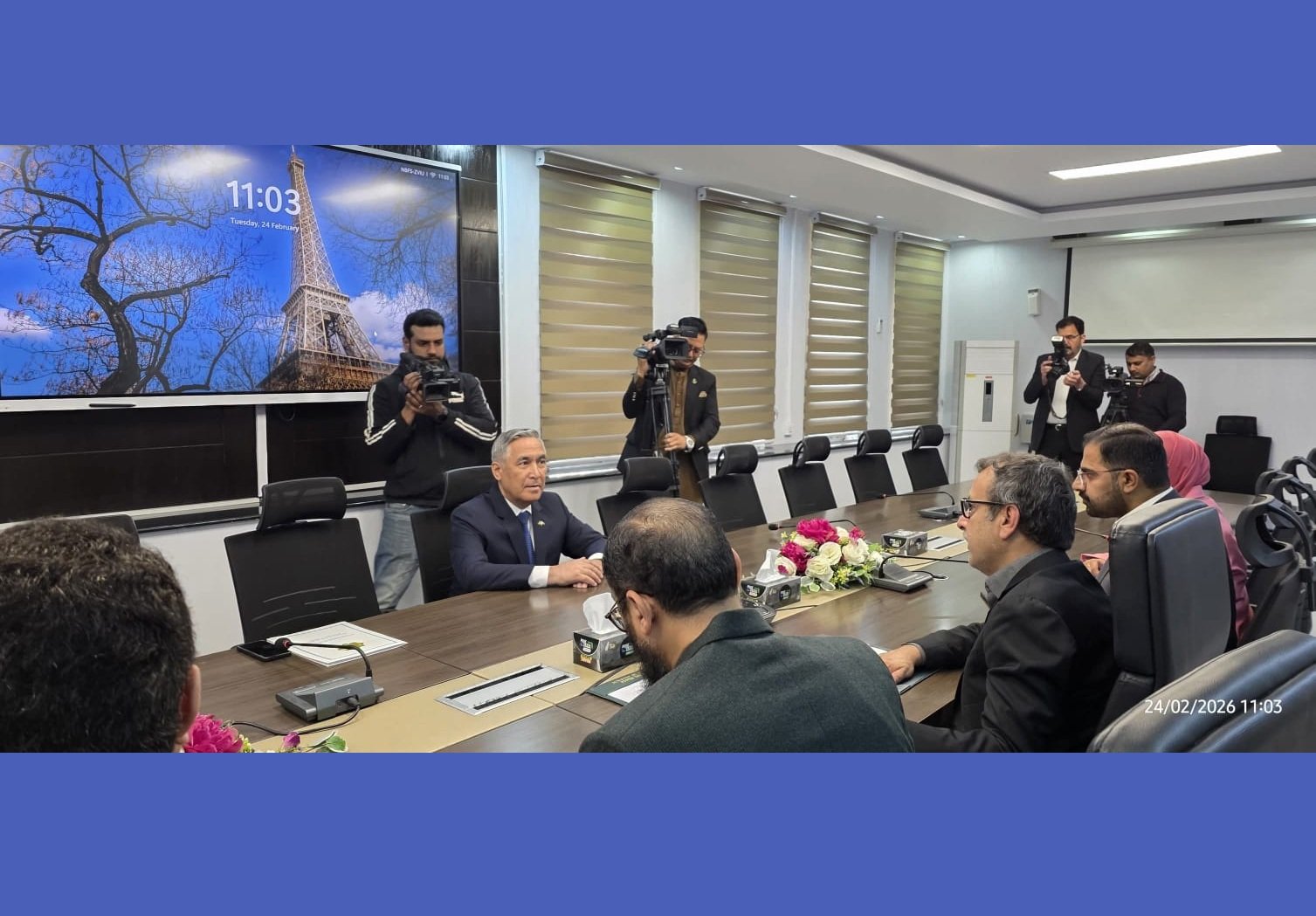Beijing, March 22, 2024, The Europe Today: Chinese researchers have achieved a milestone by successfully transplanting a genetically modified pig liver into a brain-dead individual, where it functioned for an unprecedented 10 days.
The pioneering study, led by Dou Kefeng, an academician of the Chinese Academy of Sciences, and Dr. Tao Kaishan of Xijing Hospital at the Air Force Medical University in Xi’an, has garnered widespread attention for its implications in the realm of xenotransplantation—the transplantation of animal organs into humans.
The recipient of the historic transplant was a patient afflicted with severe brain injury, ultimately declared brain dead following rigorous evaluations. In a testament to their commitment to medical advancement, the patient’s family consented to participate in the research endeavor.
Under the meticulous oversight of various academic and ethics committees, the surgical procedure was meticulously planned and executed in strict accordance with national regulations.
“This marks the first instance in medical history where a genetically modified pig liver has been successfully transplanted into a human recipient,” remarked Dou Kefeng. “We observed the liver functioning optimally within the human body.”
The success of this pioneering venture represents a significant breakthrough in xenotransplantation, offering both a theoretical foundation and practical insights for future clinical applications.
David Cooper, a xenotransplant immunologist at Massachusetts General Hospital in Boston, hailed the achievement as a major milestone, underscoring its potential to illuminate the viability of pig-liver transplants in sustaining human life, even if only for a brief period.
Looking ahead, Dou emphasized the profound impact of xenogeneic liver transplantation in addressing the acute shortage of organs for transplantation, particularly given the vast population of patients grappling with liver diseases.
“With ongoing technological advancements, xenogeneic liver transplantation holds immense promise in extending critical lifelines to countless patients, offering a viable solution to the persistent challenge of organ scarcity,” Dou remarked.
As the pioneering research continues to unfold, it promises to usher in a new era of hope and possibility for individuals in dire need of life-saving interventions, underscoring the transformative potential of scientific innovation in the realm of medicine.









